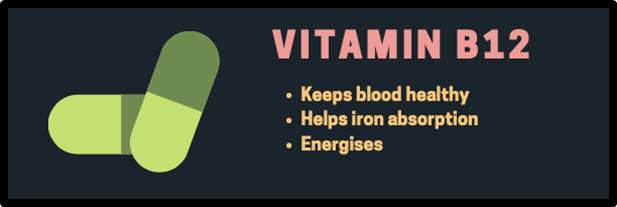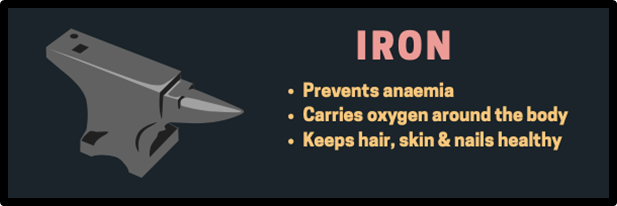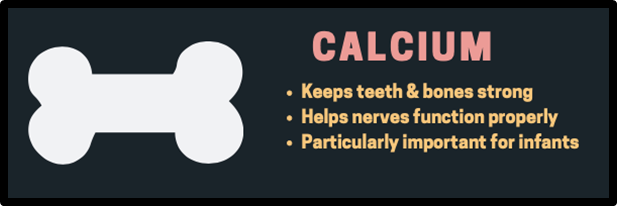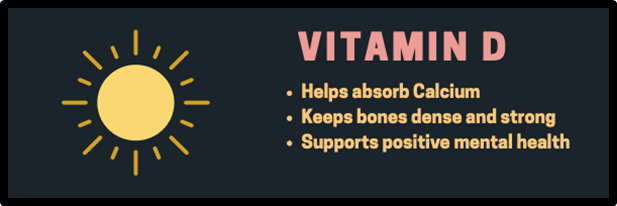Supplements to Consider on a Vegan Diet
A common misconception about vegans is that they are malnourished or deficient of at least some nutrients.
While this might be true for some vegans – see junk food vegans – a plant-based diet doesn't need to be any less nutritious than an omnivorous one.
That said, there are some vitamins and minerals found primarily in meat and animal products that we can get more easily from supplements.
So, here are some of the supplements that you might want to consider when going plant-based:
Vitamin B12
Most dieticians will agree that vitamin B12 is one of the harder vitamin to get when on a vegan diet.
The highest levels of vitamin B12 are found in foods such as beef, fish and dairy, which vegans (obviously) don’t eat. Vitamin B12 is important for the body because it is a crucial part of red blood cell production.
People who do not get enough vitamin B12 are susceptible to anaemia, fatigue and issues with their nervous system, so it is one of the most common supplements taken by anyone avoiding meat and animal products.
Iron
Iron often gets lumped with Vitamin B12 because it is found in many of the same foods and is also important in preventing anaemia.
Iron helps your body circulate oxygen, which is crucial for pretty much every function it carries out.
While iron can be found in plants such as spinach, lentils, soybeans and nuts, some vegans find it easier to take a supplement.
Calcium
One of the most controversial arguments around veganism is the health implications of raising children on milk substitutes.
Although it is widely agreed that plant ‘milk’ cannot replace milk from a human or animal, there are brands that fortify their products to provide a good amount of calcium.
Without calcium, the teeth and bones cannot remain healthy, and the body is at risk of developing osteoporosis among other things.
As well as fortified foods, edamame beans are one fantastic source of calcium, but for anyone who struggles to hit the recommended daily intake, supplements are also there.
Vitamin D
Vitamin D is most easily gotten from the sun but is also found in plenty of plant-based foods.
It helps to absorb calcium, so is crucial for keeping bones strong and dense. In children, a Vitamin D deficiency can cause bone deformities such as rickets.
As well as keeping your body healthy, Vitamin D supports positive mental health.
In Australia - where the strength of the sun can get dangerous - many vegans decide to take supplements to get their dose of Vitamin D.
Omega-3
Omega-3 is best known as the main benefit of taking cod liver oil, but there are plant-based alternatives, as well as supplements.
The fatty acids that are grouped as Omega-3 are responsible for tackling inflammation and are essential for our bodies to keep working properly.
Plants with high levels of Omega-3 include chia seeds, flaxseed and walnuts. Depending on where you live, it might be more accessible or just easier to take vegan Omega-3 supplements instead.
Whether you are fully-fledged vegan, or you are trying to reduce your meat intake, it is important to make sure your diet includes enough of the right nutrients.
Although there are almost always plant-based options for getting the right vitamins and minerals that you need, many people find it easier to take supplements instead.
If you are vegan or want to learn more about following a nutritious, plant-based diet, your local dietician can guide you through the process safely.






